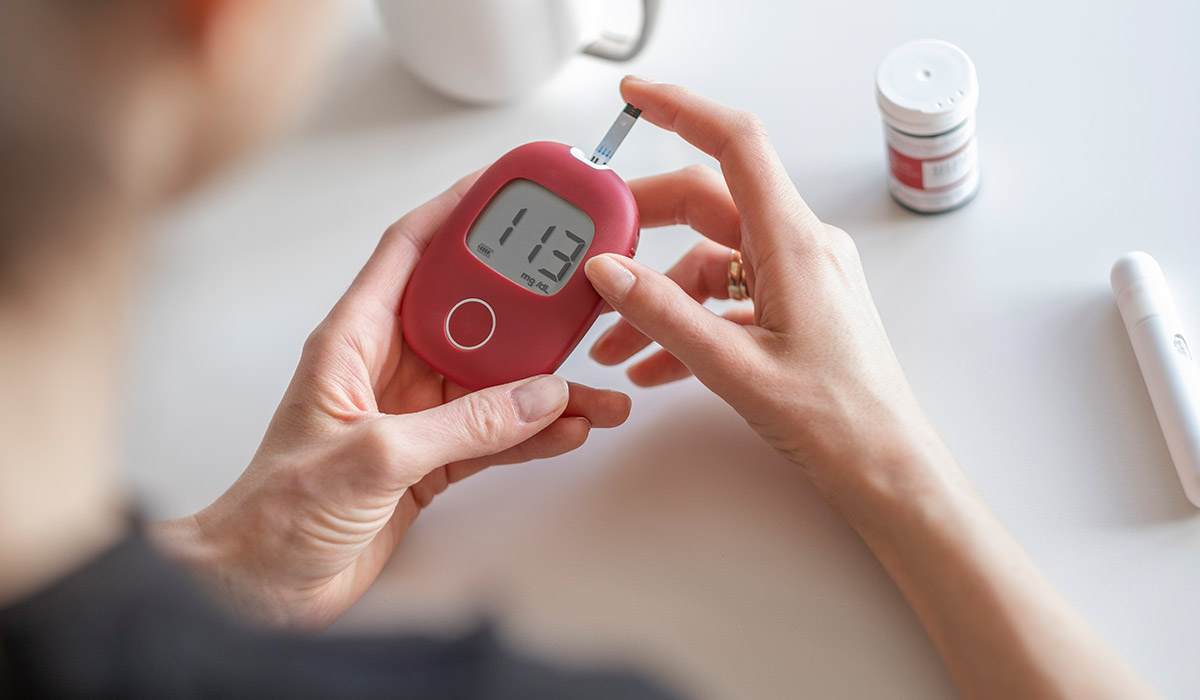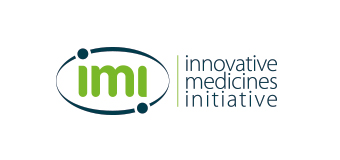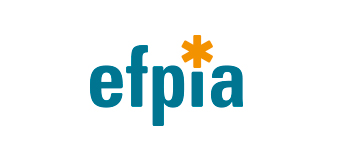Finalised list of KPI’s to be used to qualify and quantify the flow of activities in the pilot (D3.2)
Lead Contributors: UMCU, Sanofi
July 20, 2021

Abstract
The Trials@Home (T@H) consortium aims to explore opportunities to move clinical trials from the traditional clinic setting into the participants’ local surroundings or even homes. These so-called Remote Decentralised Clinical Trials (RDCTs) make use of digital technologies and other innovations, which enable participants to visit a clinical trial site less frequently, if at all, potentially making it easier for larger, more diverse and remote populations to participate in clinical trials. These trials are expected to enrol faster, more efficiently, and provide opportunities to collect data that are closer to the daily context of the participant, depending on the aim and design of the trial. However, little evidence exists on how fully remote and hybrid approaches (a model that involves both remote/decentralised and site-based trial elements) compare to traditional site-based approaches regarding scientific and operational quality of the trial. T@H is therefore planning to conduct a pan-European pilot clinical trial to compare fully remote, hybrid and traditional site-based approaches, to help inform future researchers on appropriate use of RDCT methods. Hybrid and RDCT approaches need to meet the same Key Performance Indicators (KPIs) as traditional trial approaches for generating valid and appropriate data to allow drawing correct conclusions from the study results. Therefore, the pan-EU pilot study (RADIAL) will focus on the characterisation and evaluation of recognised KPIs, which reflect scientific and operational quality of clinical trials.
This report describes the final list of KPIs to be used to qualify and quantify the flow of activities in the pan-EU pilot study. This report represents the results of the WP3 PILOT KPI working group, whose objectives were to:
- Define and operationalise primary endpoint(s), i.e. single or composite KPI, for pan-EU pilot study;
- Define and operationalise other secondary KPIs for pan-EU pilot study.
Using a modified Delphi study with a panel of 16 experts, a list of 10 main and 12 secondary KPIs to be measured in the pan-EU pilot study were identified.



This project has received funding from the Innovative Medicines Initiative 2 Joint Undertaking under grant agreement No 831458. This Joint Undertaking receives support from the European Union’s Horizon 2020 research and innovation programme and EFPIA.
Notes for editors – not for publication
If you would like more information, please contact the spokesperson at the UMC Utrecht.
Joris Prinssen: +31 6 2571 0234
press@umcutrecht.nl
